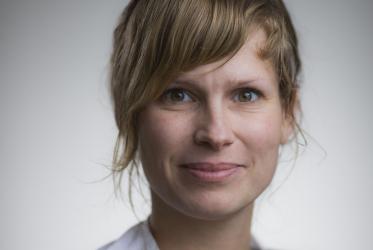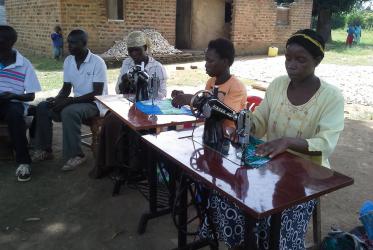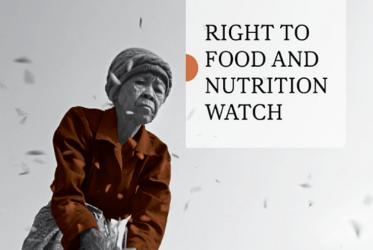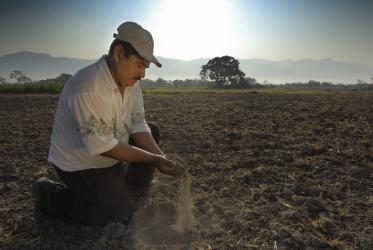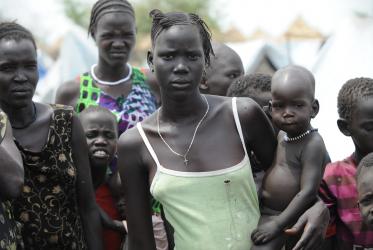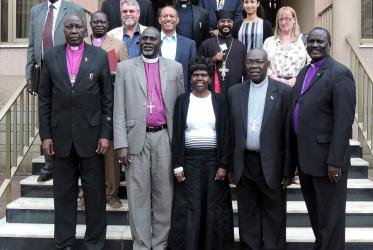Displaying 141 - 160 of 205
Applications open for WCC Eco-School
10 May 2017
In Lebanon, refugees face hardship - but find hope
16 March 2017
WCC Executive Committee issues statement on climate justice
25 November 2016
WCC offers food for thought as “Food Week” approaches
03 October 2016





